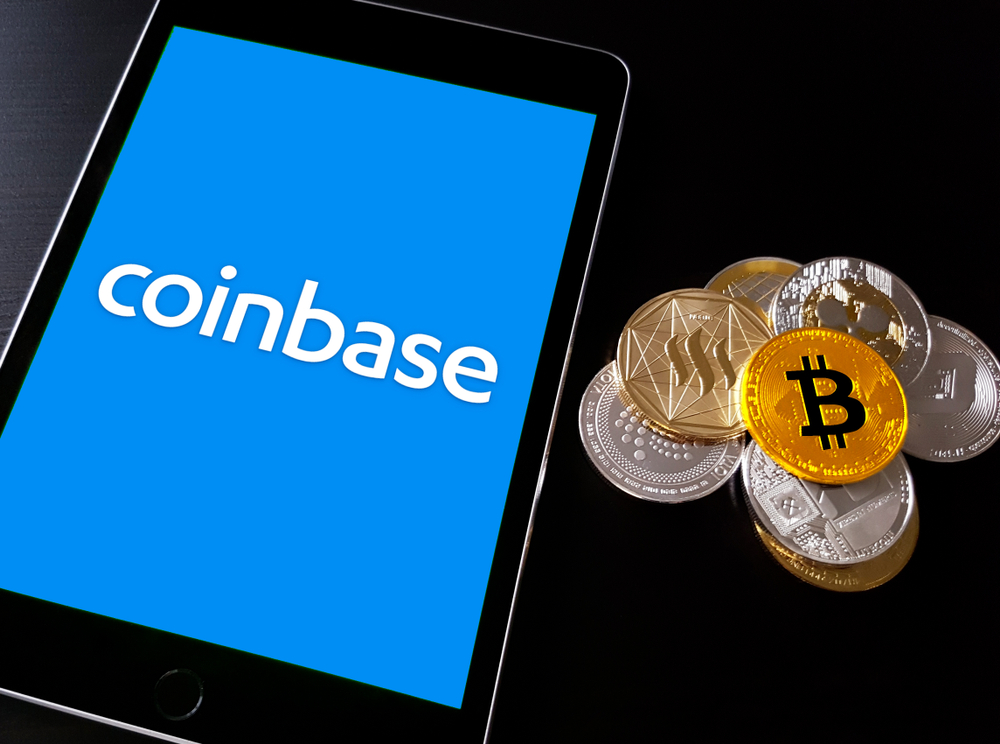According to Reuters, cryptocurrencies like Bitcoin and Ethereum will be banned from being used for transactions in India, but they may still be retained as assets like gold, stocks, and bond holdings. Per respondents who are aware of the government’s strategy, cryptocurrency will be allowed to operate in India. Concerns that unregulated cryptocurrency exchanges could be used to fund terrorist acts or to launder money prompted Prime Minister Narendra Modi to convene a conference last week with administration and RBI executives to discuss the future of cryptocurrency.
When it came to cryptocurrencies, the Indian government and Reserve Bank of India (RBI) authorities appeared to be on different pages during a recent meeting. However, although being officially acknowledged as money, RBI governor Shaktikanta Das repeated the federal bank’s concerns about cryptocurrency and the current mania in India. On the other side, Indian Prime Minister Narendra Modi’s government argued for robust governmental control over crypto-assets instead of a full ban on cryptocurrencies.
According to sources at the meeting, the government considers cryptocurrency to be beneficial and thus cannot prohibit it, but rather regulate it. Crypto policy should be constructive, modern, and forward-looking since these digital currencies reflect a growing technology, said the government Per the sources, the specifics of the measure are being completed, and the draft might be presented to the cabinet in the next 2–3 weeks.
The Securities and Exchange Board of India (SEBI) may be designated as the market regulator by the Indian government, although this decision has not yet been made. Because it is concerned about capital restrictions, macroeconomic volatility, and economic uncertainty, India’s Reserve Bank has been slow in embracing cryptocurrency as part of the payments and transactional system.
The Cryptocurrency Market In India Is Growing At A Rapid Rate
Last year, Blockchain.News revealed that the Indian government was considering a restriction on crypto assets, but the perspective has since shifted. There has been a dramatic increase in the number of persons investing in crypto assets, especially among young people. Chainalysis, a blockchain-based analytics platform, estimates that India’s cryptocurrency industry would be valued at $6.6 billion in May 2021, up from $923 million in April 2020.
To prevent a ban on cryptocurrencies in India, the crypto industry has made many petitions to the Indian government demanding that they define cryptocurrencies as commodities rather than money. When it comes to cryptocurrencies, India’s central bank has frequently stated its strong opposition to them since the unexpected rise in Bitcoin’s price. The Reserve Bank of India (RBI) is worried about digital assets because of their possible impact on the Indian currency.
The appetite for the Indian Rupee would decline if more people invested in digital currencies instead of Rupee-based savings like provident funds. Banks’ capacity to lend money to their clients would be hampered by this. The authorities would also be unable to tax virtual currency owners since digital assets are uncontrolled and difficult to identify in the country, creating an additional danger to the Rupee.







